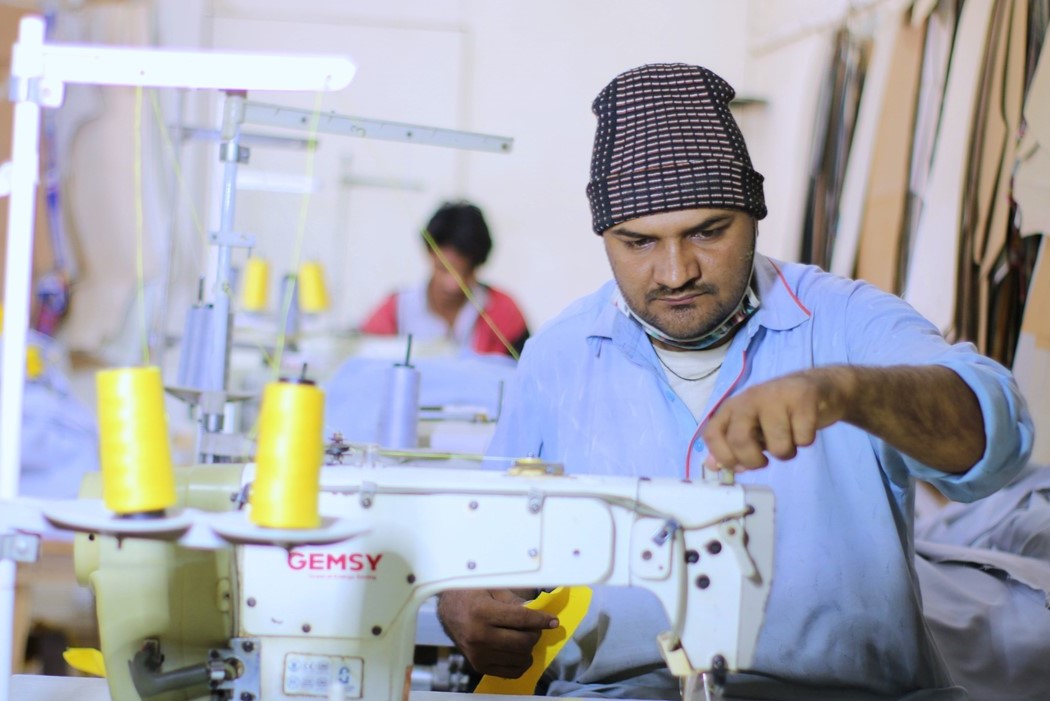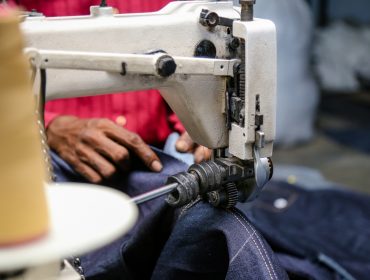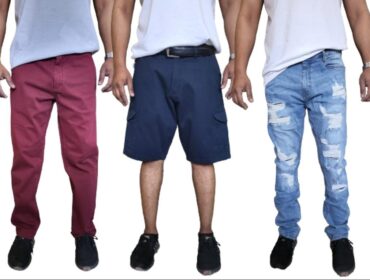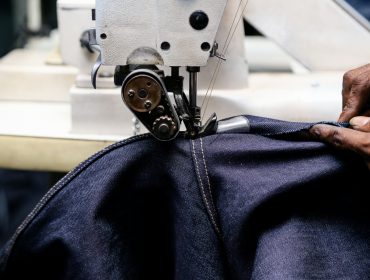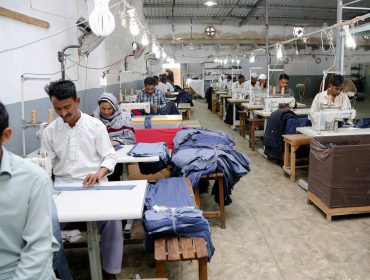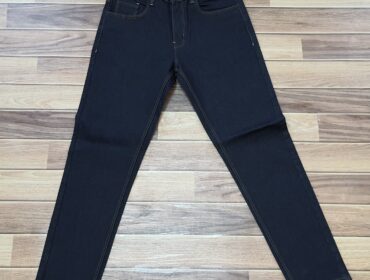In the age of growing consumerism, the line between ethical and unethical manufacturing and sourcing seems to be dwindling fast.
We have all been operating on a ‘bigger means better’ motto with fast fashion taking precedence over quality as a result of which the first tier of manufacturing, the labour class gets majorly affected, making their living standards sub-par. Everything has a price and so does aligning our manufacturing process with positive environmental factors which is not possible in the price points of fast goods.
There has, however, been a shift in the consumption behaviour and with growing concerns of sustainability in the manufacturing industry, people are turning towards a more conscious approach to purchases.
Therefore, if you are a company, using the services of a manufacturing facility, a smaller factory can prove to be a better choice for sustainable and ethical manufacturing on a macro-economic level.
Here are a few factors, which in my opinion, add value when partnering with a smaller factory as opposed to large manufacturing units.
- Support to the Economy
Over 90% of all the factories in the textile and garment industry belong to the SME sector, contributing to over 40% exports in Pakistan making it one of the leading contributors of inclusive economic growth.
- Poverty alleviation through employment
SMEs in general and those in the garments and textile sector in particular have the ability to create jobs at low capital expenditure. SMEs contribute almost 78% to industrial employment in Pakistan. In fact when big industries downsize and cut down jobs, as we saw during the COVD-19 pandemic, small / medium units keep developing and creating more jobs.
- Promotion of entrepreneurial culture
In a medium sized factory like Garment Resources, entrepreneurial culture flourishes. It is mainly due to the fact that those on managerial positions are more open to new ideas and new processes. In larger factories, there is not much room given to general employees for out of the box thinking.
Smaller factories also support and promote start-ups or other small businesses. For example, when we need raw material or accessories, we prefer working with a smaller company, as it enables us to give our inputs and make our ideas and requirements heard by the top tier.
For those employees who wish to move on and start their own entrepreneurial journey, interest free loans are given to them.
- Development of new products and services
A small or medium facility is like a family unto itself, each person giving in their very best whereas big industries operate like clockwork. Although, in terms of productivity, that is the best approach, it doesn’t allow flexibility which gives rise to the development of new ideas and products. This can presumably transform the whole customer experience who in the process becomes a part of the journey of producing a product.
- Sustainability and positive environmental impacts
Since a smaller facility is largely resource dependent, all the resources are therefore effectively and strategically allocated in such a way that everything is utilized, making the best use of the limitations, reducing wastage, especially due to overproduction. This leads to a very positive environmental impact.
- Quality over quantity
When I speak to our company directors about expansion, they not only talk in terms of expansion in the number of pieces produced but in the research and development and value additions to a product. They talk about a better customer experience. Therefore, the growing trend of fast fashion can be curtailed if the end user is offered products that are long lasting and fashionably timeless.
What do you think are the pros and cons of working with a small or medium sized facility like ours? Which one would you prefer and why? Would love to read what you think.

